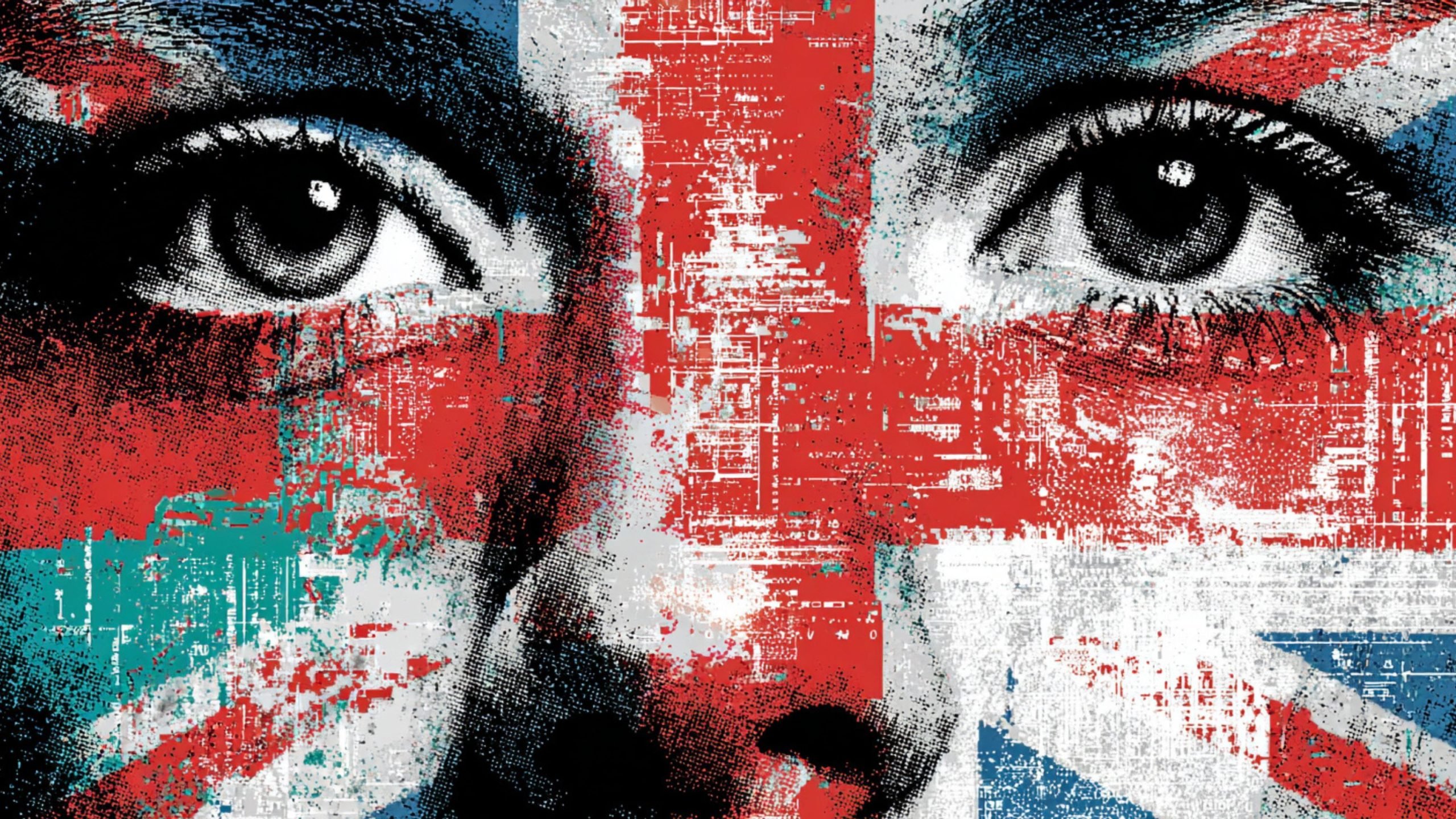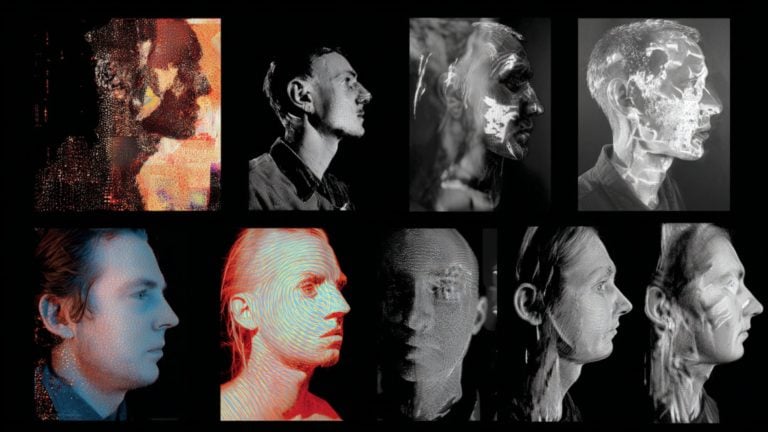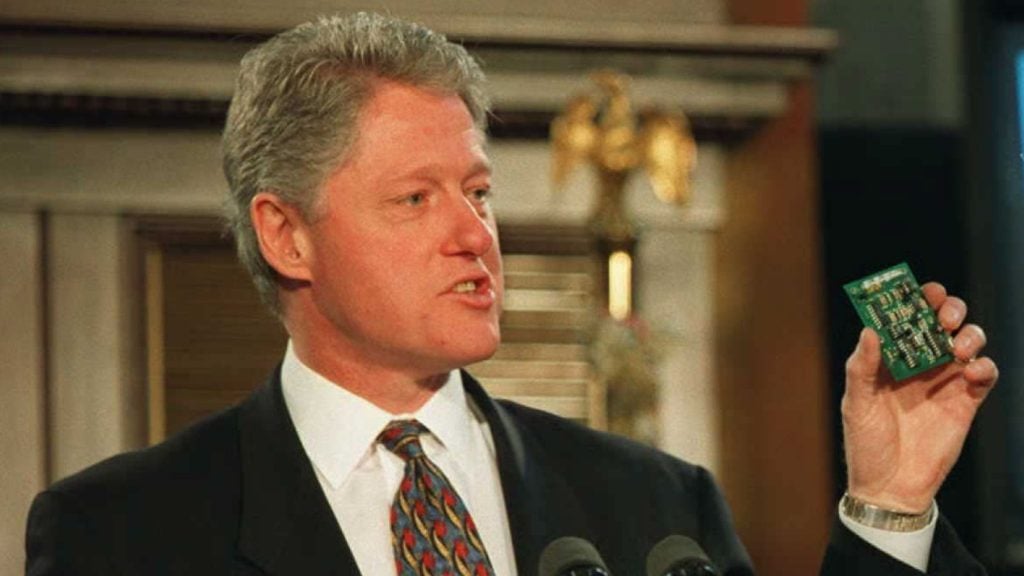A community volunteer wrongly targeted by facial recognition technology is preparing to take London’s Metropolitan Police to court after what he describes as a distressing and unjust encounter.
The High Court has now granted permission for the case to proceed, marking a pivotal legal challenge to police use of biometric surveillance.
Shaun Thompson, 39, had been finishing a shift with Street Fathers, a group that supports young people and works to reduce knife crime through positive male mentorship, when he was stopped outside London Bridge station.
Without warning, facial recognition cameras, which are controversially and increasingly being used in the UK, flagged him as a match on the police database. Officers detained him for nearly half an hour, demanded fingerprint scans, and threatened arrest, even as he provided several forms of ID clearly proving he wasn’t the person being sought.
“I work with Street Fathers, which helps the youth of London. I patrol to help keep kids safe and protected and to get knives off the streets,” Thompson said. “I was coming home from a street patrol in Croydon, when I was pulled out of the street at London Bridge due to facial recognition.”
“They were telling me I was a wanted man, trying to get my fingerprints and trying to scare me with arrest, even though I knew and they knew the computer had got it wrong,” he said. “Instead of working to get knives off the streets like I do, they were wasting their time with technology when they knew it had made a mistake.”
The lawsuit, which will be heard in January 2026, is the first of its kind to confront the Met’s increasing reliance on facial recognition. Thompson is bringing the case alongside Big Brother Watch, a civil liberties organization that has long sounded the alarm over unregulated biometric surveillance.
Facial recognition has been intermittently deployed in London since 2016, but the scale and frequency have grown substantially in recent years. The Met’s recent announcement that it plans to roll out the technology during this year’s Notting Hill Carnival revived long-standing objections, especially after previous trials at the event drew widespread public outcry.
Concerns extend well beyond where the cameras are used. The construction of so-called “watchlists” by police forces has drawn particular scrutiny. These databases are not limited to those suspected of wrongdoing. Instead, they have included individuals with no criminal record whatsoever, including peaceful demonstrators, and even victims of crime.
There is currently no legislation that specifically authorizes the use of live facial recognition. Police across England and Wales have adopted their own policies in the absence of parliamentary approval or a legal framework. Nevertheless, both the Met and South Wales Police have made clear they intend to embed the technology into everyday policing by installing permanent systems in public areas, a direction privacy campaigners say has no precedent in other democracies.










